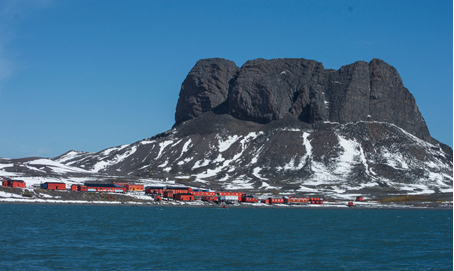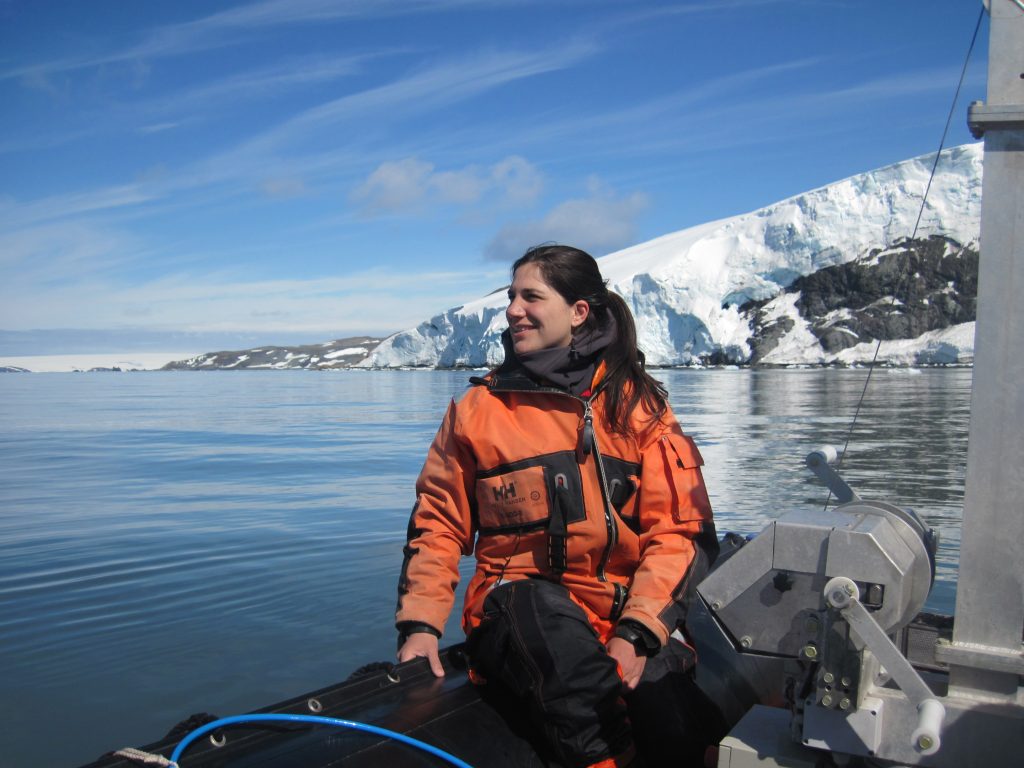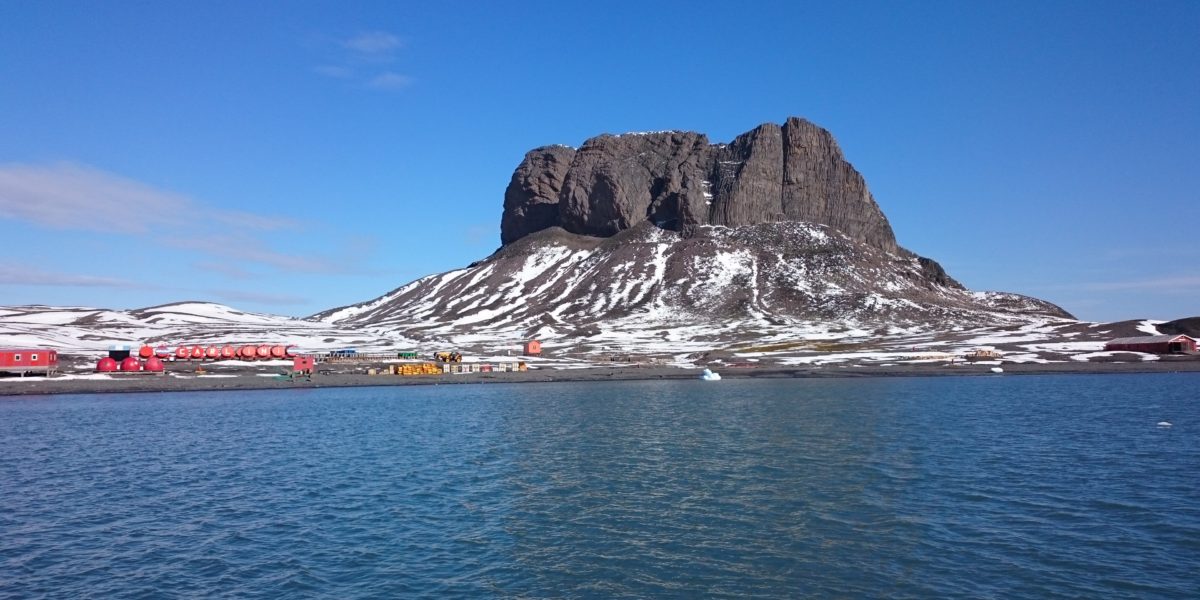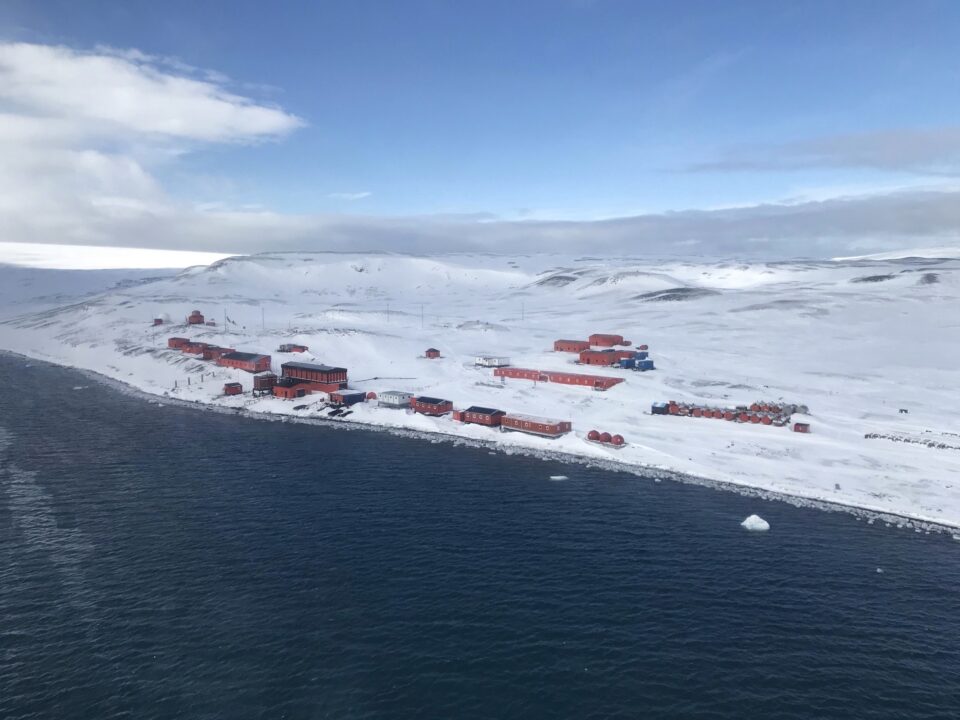Carlini Antarctic Expedition 2020/2021 – The experience of the scientific leader
by Camila Neder
The 22nd of February has been determined as the Argentine Antarctic Day in commemoration of the first time that Argentina arrived at Antarctica in Orcadas Island 117 years ago. Dr Dolores Deregibus, from Instituto Antártico Argentino and CONICET, and a member of CoastCarb WP3 and WP4. She shared with us her experience in the current expedition at Carlini Scientific Station, located adjacent to Potter Cover, 25 de Mayo/King George Island, one of the researches areas of CoastCarb.
The Antarctic Expedition 2020/2021 in Carlini took place under special conditions due to the COVID19 pandemic. Only a reduced interdisciplinary group of Argentinean scientists and technicians were able to travel after quarantine and a negative-test to carry out the planned research. Unfortunately, due to the pandemic situation, no scientists from other countries outside Argentina able to participate. At least, the international scientific cooperation of the CoastCarb project continues in a reduced format. Carlini is been the most frequented Argentinean scientific bases in Antarctica and most of the research projects have been carried there. Researchers have been collected continuously long-term data for more than 30 years.
Dolores is the scientific coordinator of the Antarctic expedition 2020/2021. She coordinates the sampling and data collection activities of the participating scientists and technicians to achieve the designated research aims in biology, oceanography, geology, glaciology, geodesy, and seismology. Some of the activities involve macro-biological monitoring studies of the marine and terrestrial fauna and flora to analyze climate change and anthropogenic effects. Other activities consist of ecological microbial analyses and possible biotechnological applications. Oceanographical studies focus on the water properties and circulation patterns as well as the glacier melting effect on coastal waters.
During the last decades, the Fourcade glacier surrounding Potter Cove experienced a remarkable retreat as a result of the regional increase in temperature, which opened new ice-free areas which have been colonized by macroalgae. Likewise, an increase in sediment discharge has been recorded with a consequent decrease in the light availability, which negatively affects the complexity of macroalgal communities. However, the shorter duration of sea ice cover in recent years could lead to an increase the light availability in winter and spring. As a consequence of these evident and accelerated processes in the Antarctic region, Dolores’ research aims to answer the question whether or not the climate change will be harmful or beneficial for the Antarctic macroalgae communities.

Carlini Station, © Dr. Dolores Deregibus 
Dr. Dolores Deregibus – Leader of the Argentinian Antarctic Expedition 2020/2021




